Supreme Court Says Straight Woman Can Sue for Discrimination
In a unanimous ruling, the justices revived Marlean Ames’ Title VII case, claiming she was demoted for being heterosexual.

The U.S. Supreme Court unanimously revived a 2020 lawsuit by Marlean Ames, who claims she was discriminated against for being heterosexual by the Ohio Department of Youth Services.
The 61-year-old had worked for the department since 2004. A decade later, she was promoted to administrator of the Prison Rape Elimination Act. But she claimed that the conflict started after she began reporting to a lesbian woman, according to The Hill.
In 2019, Ames interviewed for another position within the department but was not hired. Her supervisor suggested she retire, and days later, Ames was demoted, with a significant pay cut. A 25-year-old gay man was subsequently promoted to her old position. Months later, a lesbian woman was chosen for the position for which she had applied.
In her lawsuit, Ames claimed her rights under Title VII of the Civil Rights Act — a federal law that prohibits sex-based discrimination in the workplace — were violated when she was denied the promotion and demoted.
Courts have previously found that Title VII protects LGBTQ individuals from being fired or demoted due to their sexual orientation, despite lack of a federal law explicitly prohibiting such discrimination.
Ames, who claims she was more qualified than the two gay candidates, said she was the victim of discrimination, despite the fact that the officials who had the final say over hiring and firing decisions were heterosexual.
Republican Ohio Attorney General Dave Yost defended the department’s actions in court, saying Ames’ rejection and eventual demotion was part of an internal restructuring process, with department leaders saying they felt she was difficult to work with, and lacked the vision and leadership needed for the position she sought.
The state says Ames was demoted because new leadership in the agency wanted to restructure its operations to focus on sexual violence in the juvenile corrections system. Ames had led a program aimed at combating rape in prison but was seen as difficult to work with, according to the state’s court papers.
Ames’ lawsuit challenged a requirement used by some U.S. courts that plaintiffs from majority groups must provide more evidence than minority plaintiffs to make an initial claim of discrimination. A federal judge dismissed Ames’ claim, finding that the department offered “legitimate, nondiscriminatory business reasons” for its actions.
Upon appeal, the 6th U.S. Circuit Court of Appeals agreed that Ames would’ve prevailed had she been a gay woman, but found that her allegations did not sufficiently establish “background circumstances” needed to justify bringing a discrimination lawsuit, such as proving that the department was “that unusual employer who discriminates against the majority.”
Ames subsequently appealed to the U.S. Supreme Court.
Writing on behalf of the high court, Justice Ketanji Brown Jackson found that the Supreme Court’s case law “makes clear that the standard for proving disparate treatment under Title VII does not vary based on whether or not the plaintiff is a member of a majority group,” adding that the “background circumstances” requirement is “not consistent with Title VII’s text or our case law construing the statute.”
Jackson wrote that Title VII does not impose a heightened standard on members of majority groups, and revived Ames’ lawsuit, remanding the lawsuit back to the lower courts to decide based on its merits.
The high court’s rulings could make it easier for people who are part of majority groups, such as white people or heterosexuals, to bring “reverse discrimination” lawsuits in 20 states and the District of Columbia where federal appeals courts still apply the “background circumstances” requirement when determining whether those lawsuits can move forward.
But critics say it will open the floodgates for litigious individuals to sue any time a member of a minority group demonstrates any modicum of success, including merit-based promotions, in the workplace.
Support Metro Weekly’s Journalism
These are challenging times for news organizations. And yet it’s crucial we stay active and provide vital resources and information to both our local readers and the world. So won’t you please take a moment and consider supporting Metro Weekly with a membership? For as little as $5 a month, you can help ensure Metro Weekly magazine and MetroWeekly.com remain free, viable resources as we provide the best, most diverse, culturally-resonant LGBTQ coverage in both the D.C. region and around the world. Memberships come with exclusive perks and discounts, your own personal digital delivery of each week’s magazine (and an archive), access to our Member's Lounge when it launches this fall, and exclusive members-only items like Metro Weekly Membership Mugs and Tote Bags! Check out all our membership levels here and please join us today!







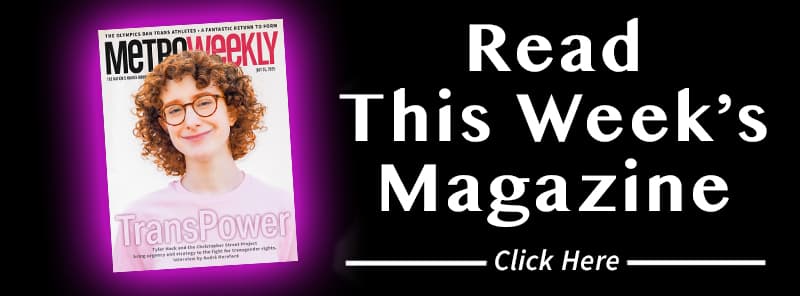
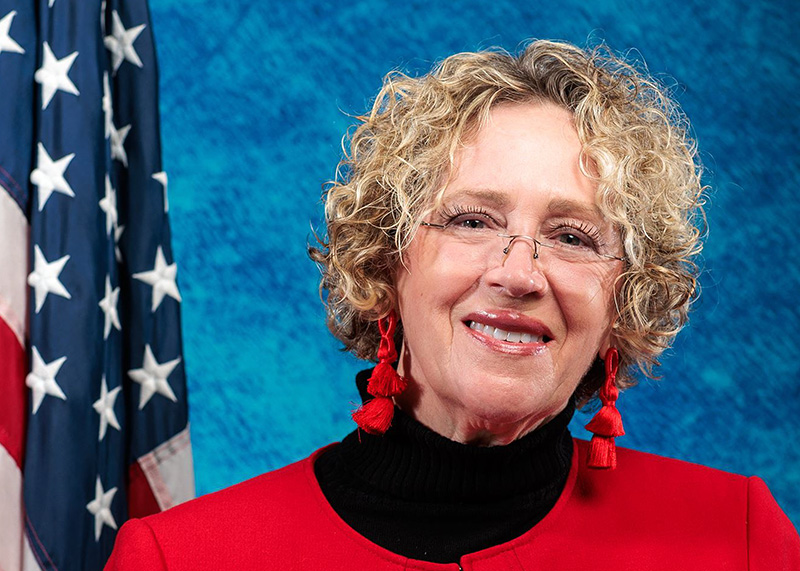
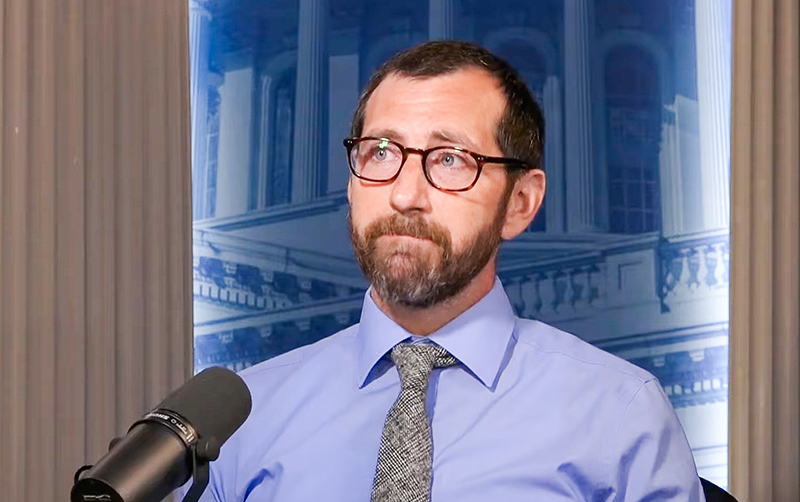















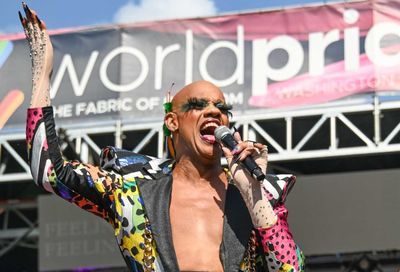
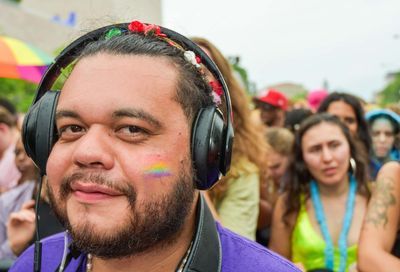
You must be logged in to post a comment.